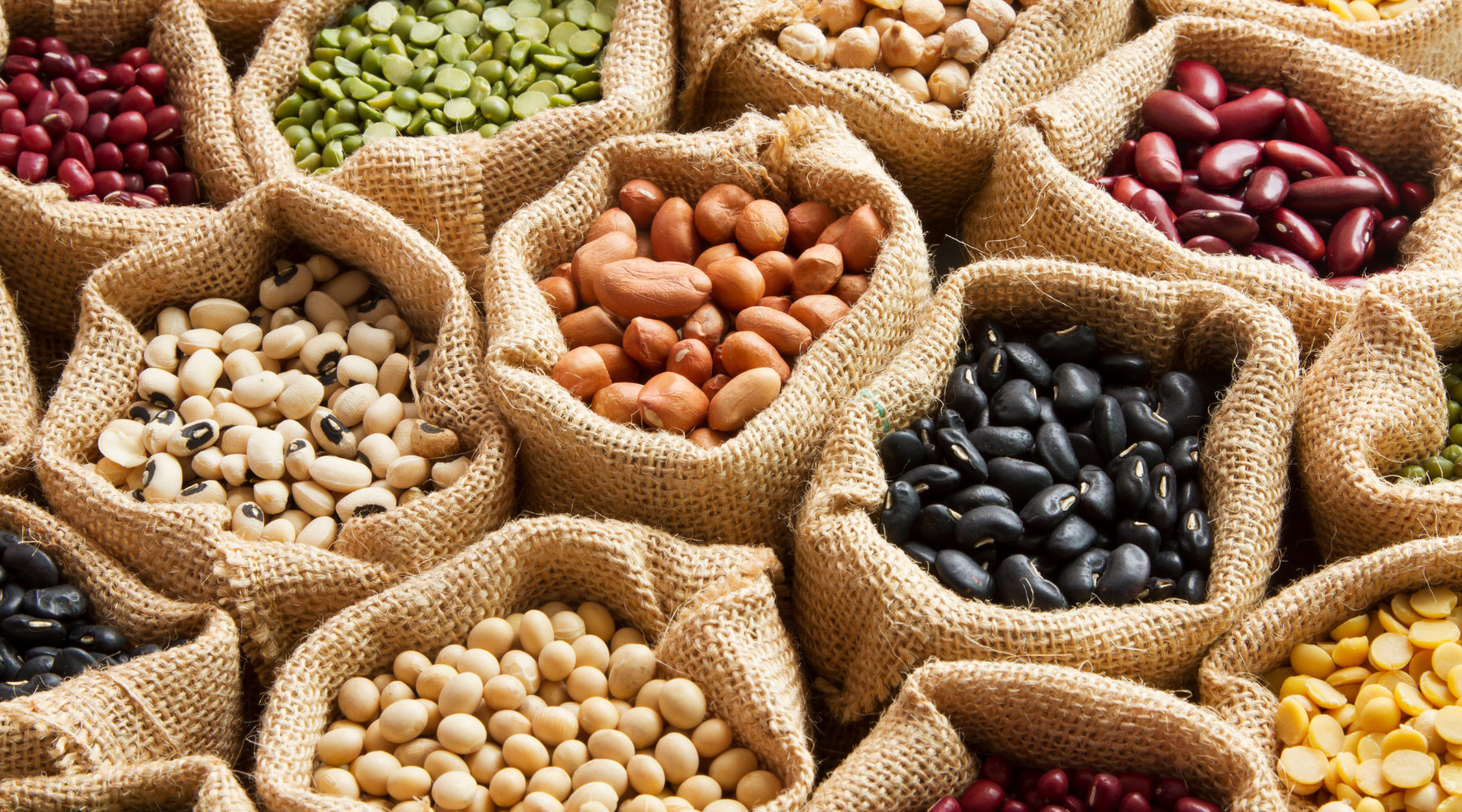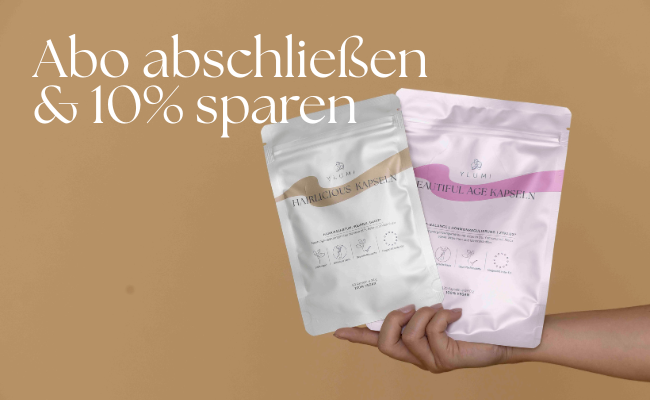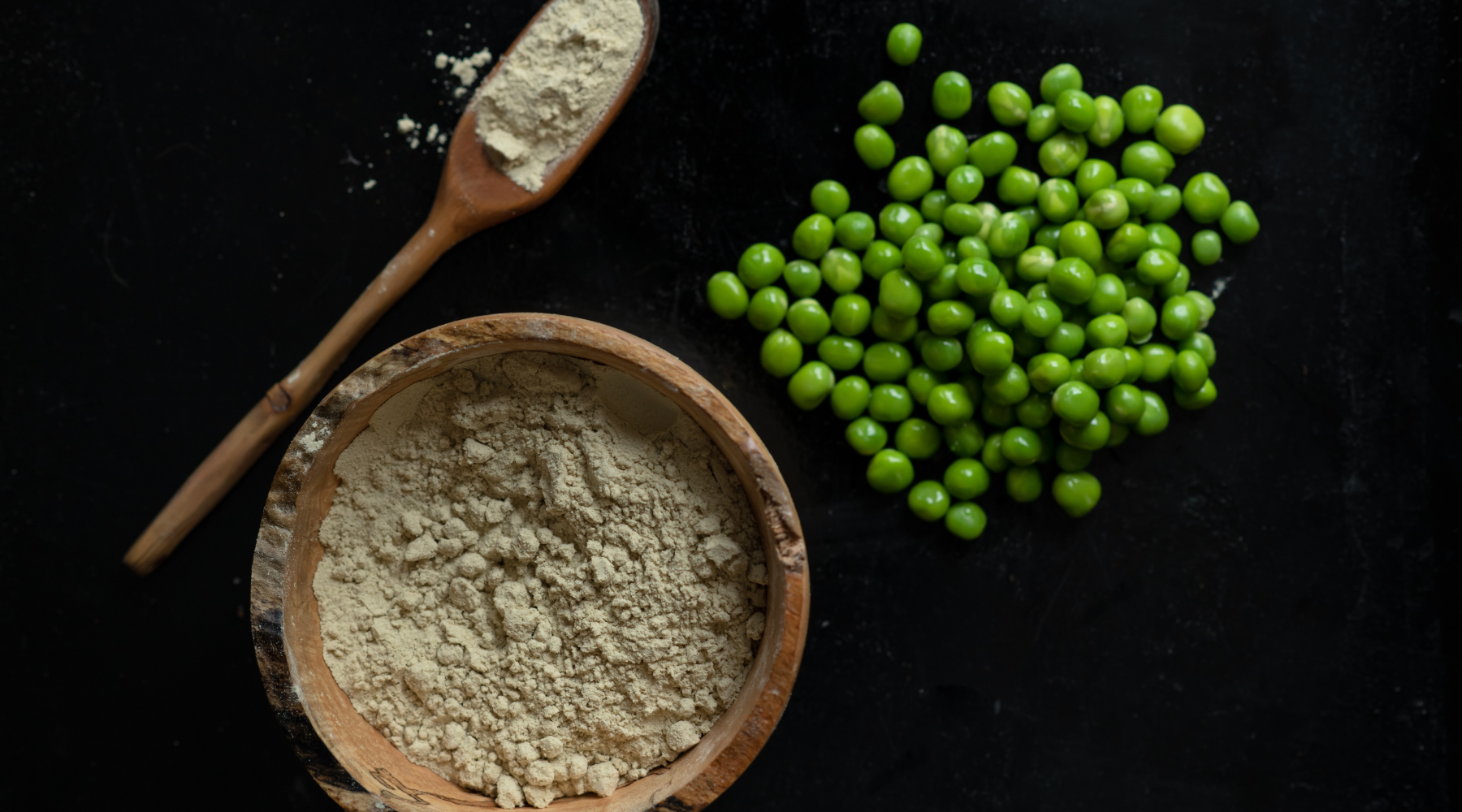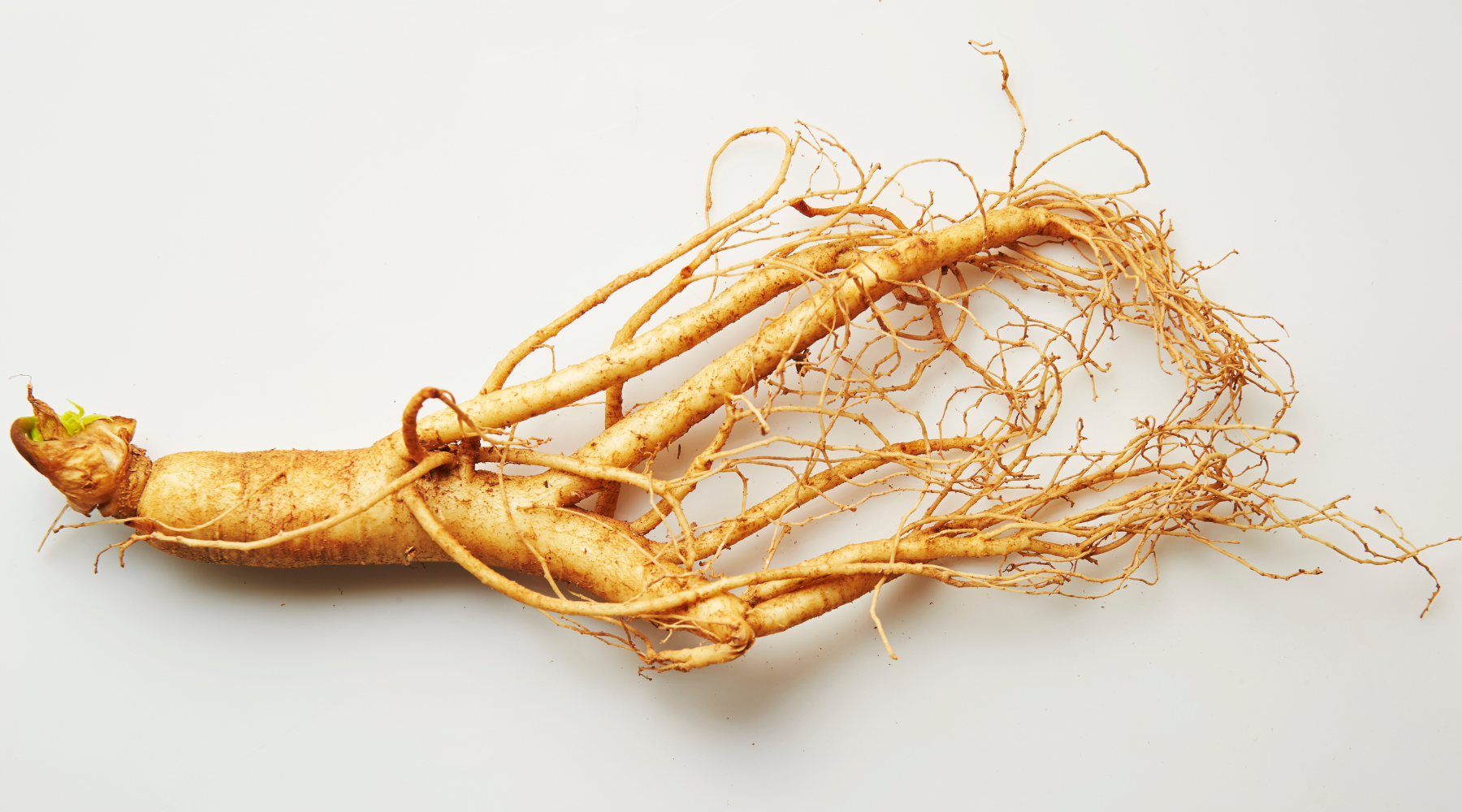
Vitamin B complex: essential vitamins for a plant-based diet
A balanced supply of vitamins is essential for health. The vitamin B complex, in particular, plays a key role in energy metabolism, blood formation, and the nervous system. In a vegetarian or vegan diet, it is important to ensure an adequate supply of the various B vitamins, as some of these vitamins are found primarily in animal products.
Why vegetarian and vegan diets can quickly lead to vitamin B deficiency
Many B vitamins are found in large quantities in animal products such as meat, fish, eggs, and milk. Plant-based foods also contain some B vitamins, but often in lower concentrations or with lower bioavailability. Vitamin B12, which is found almost exclusively in animal products, is particularly critical. Furthermore, certain preparation and storage methods can further reduce the B vitamin content in plant-based foods. A one-sided diet lacking a sufficient variety of legumes, whole grain products, nuts, and seeds can also increase the risk of deficiency. Therefore, a purely plant-based diet carries an increased risk of not consuming all B vitamins in sufficient quantities.
The individual B vitamins and their importance
-
Vitamin B1 (thiamine): Important for carbohydrate metabolism and nerve function. Found in whole grain products, legumes, and nuts.
-
Vitamin B2 (riboflavin): Involved in energy metabolism and in maintaining healthy skin and mucous membranes. Good plant sources include almonds, mushrooms, and green vegetables.
-
Vitamin B3 (niacin): Necessary for energy metabolism and DNA repair. Found in legumes, whole grains, and peanuts.
-
Vitamin B5 (pantothenic acid): Essential for the synthesis of hormones and neurotransmitters. Found in avocados, broccoli, and whole grain products.
-
Vitamin B6 (pyridoxine): Important for amino acid metabolism and the immune system. Found in bananas, legumes, and whole grain products.
-
Vitamin B7 (Biotin): Supports fat and carbohydrate metabolism. Good sources include nuts, seeds, and oatmeal.
-
Vitamin B9 (folic acid): Important for cell division and during pregnancy. Found in green leafy vegetables, legumes, and whole grain products.
-
Vitamin B12 (cobalamin): Important for blood formation and nerve function. This vitamin is naturally found almost exclusively in animal products. Vegans should therefore rely on fortified foods or supplements.
Special challenges with vegan and vegetarian diets
Vitamin B12, in particular, poses a challenge in a vegan diet. A deficiency can lead to anemia and neurological disorders. Vitamins B2 and B6 can also be critical if the diet isn't varied. Plant-based alternatives such as fortified plant drinks, yeast extracts, or supplements can help meet these needs.
Tips for optimal supply of B vitamins
-
Variety in your diet: A varied diet with whole grain products, legumes, nuts, seeds, and green vegetables.
-
Use fortified foods: Fortified products offer a good supplement, especially for vitamin B12.
-
Targeted dietary supplementation: Taking supplements is recommended, especially for vitamin B12.
-
Regular blood tests: Regular blood tests are useful to detect a deficiency early.
Conclusion
A vegetarian or vegan diet can easily cover the needs of most B vitamins if it is varied and balanced. However, especially with vitamin B12, targeted intake through fortified foods or supplements is necessary to prevent deficiency symptoms. With careful planning, optimal intake can be ensured.




